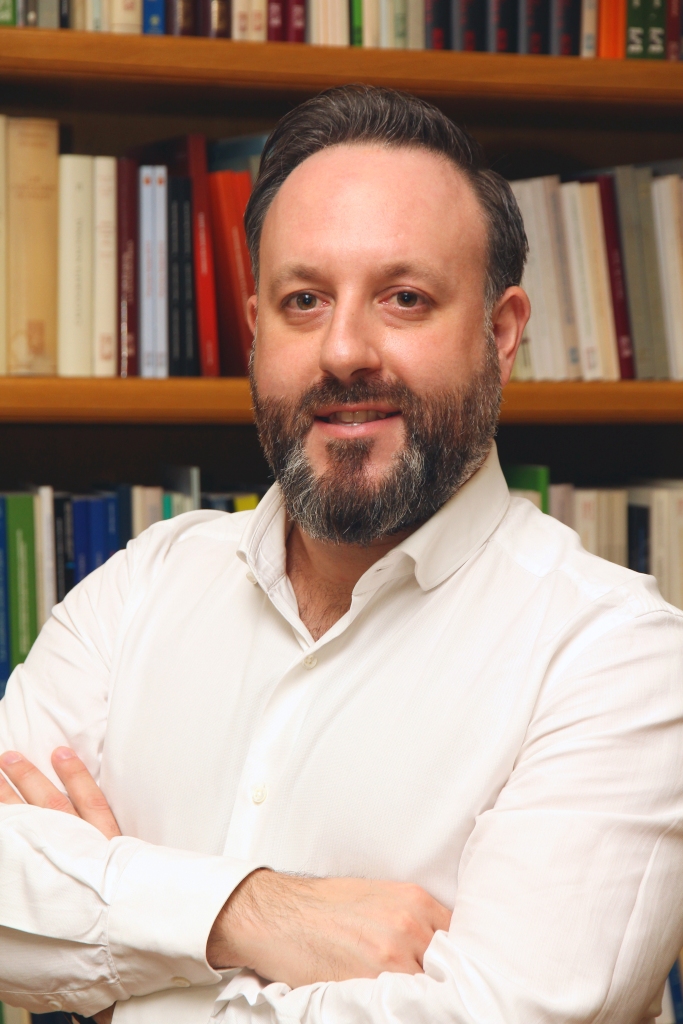
Emilia Aiello, Lorenzo Melchor, and Eduardo Oliver
Eurobarometer (2014) data on public perceptions of science, research and innovation revealed the Spanish population has high expectations of the role that scientific and technological development can play in improving key public policies (e.g. health and medical care, education and skills, transport and infrastructure). Yet unlike Norway, the UK or France, the Spanish national Parliament does not have any permanent legislative scientific and technological advice mechanism to act as an independent, cross-party, proactive and accessible source to inform debate and the policymaking process. Perhaps surprisingly, Spanish political parties all seem to agree on both the positive role that evidence can play in informing effective policymaking and the need to implement an independent advisory mechanism. This has been evident throughout the multiple public debates surrounding the initiative #CienciaenelParlamento (Science in Parliament), which emerged in January 2018, with the aim of closing the gap between science and society and better engaging scientists and parliamentarians.
Initially, an informal discussion on Twitter among scientists (see @cienciamento), #CienciaenelParlamento quickly evolved into a grassroots movement, widely supported by citizens and institutions, which successfully engaged the Spanish Congress of Deputies. Within a year, it began acting as an interim science advisory mechanism: (i) triggering public debate about the value of science on key policy issues, including climate change, suicide, and migration; (ii) providing science training and building trust among members of parliamentary groups; and (iii) jointly organising a successful 2-day conference with 200+ scientists and almost 100 deputies. Altogether, these actions triggered a unanimously approved motion by the Board of Congress to establish an independent scientific advisory office.
The idea was that this unit would prepare brief reports on topics for which scientific evidence for policymaking is needed, while energising interactions between science and technology experts, policymakers, and society. Unfortunately, Spain’s unstable political context over the past few years has slowed developments down. Consequently, the formal constitution of Spain’s advisory body, which has been informed by similar existing bodies elsewhere in Europe (e.g. UK POST and the European STOA panel) has been delayed.
While we maintain our conviction that we can still do more to improve relations between science, policy, and society, we also note that, across the globe, these relationships have suffered important frictions with the management of the COVID-19 crisis. This partly reflects widely discussed challenges in providing scientific advice where high levels of uncertainty exist but other issues (see this E&P blog entry), such as a lack of transparency and independence in advisory committees, relate more to the ‘good governance’ of evidence. This underlines the need for the research evidence feeding parliaments to be scrutinized, as does a recent Evidence & Policy study by our British colleagues. If we had found better ways to support communication between science and policy, the health and economic fall-out from COVID-19 might have been better cushioned, resulting in fewer personal tragedies and lower inequalities.
Yet, while the lack of coordinated public leadership to combat COVID-19 had been disappointing, the coordination of international scientific organizations and grassroots level scientists gives us hope. For example, the EUvsVirus Hackathon organized by the European Commission, demonstrates how well science-society collaborations can work. It is collaborations between policy and science that appear to be lagging behind.
While this is nothing new for those of us working to better link science, society and policy, the emerging questions are somehow different:
- What are the strategies that can enable scientific evidence to better penetrate policy domains?
- How might we better balance available evidence across domains (e.g. public health and socioeconomic) to offer better advice?
- How can we improve communication channels between the scientific community and governments and legislatures?
- What lessons can be learnt from existing scientific advisory bodies for parliaments elsewhere?
We believe scientific advisory bodies for parliaments can potentially rise the level of political debate about complex issues by making better use of evidence but we are keen to hear from the Evidence & Policy community. We are particularly interested in hearing from anyone with experience of similar bodies elsewhere and those who have insights into the role of scientific advisory bodies during the current COVID-19 pandemic.
Emilia Aielloa,b, Lorenzo Melchora,c, and Eduardo Olivera,d,e
aAssociation #CienciaenelParlamento, Madrid, Spain.
bKennedy School of Government, Harvard University Cambridge, US.
cEstudios de Derecho y Ciencia Política, Universitat Oberta de Catalunya, Cataluña, Spain.
dCentro Nacional de Investigaciones Cardiovasculares (CNIC), Madrid, Spain.
eCentro de Investigaciones Biomédicas en Red Enfermedades Cardiovasculares (CIBERCV), Instituto de Salud Carlos III, Madrid, Spain.
Image credit: Photo by Eduardo Oliver
If you enjoyed this blog post, you may also be interested to read:
A recipe for impact? Exploring knowledge requirements in the UK Parliament and beyond
Improving the use of evidence in legislatures: the case of the UK Parliament [Open Access]


